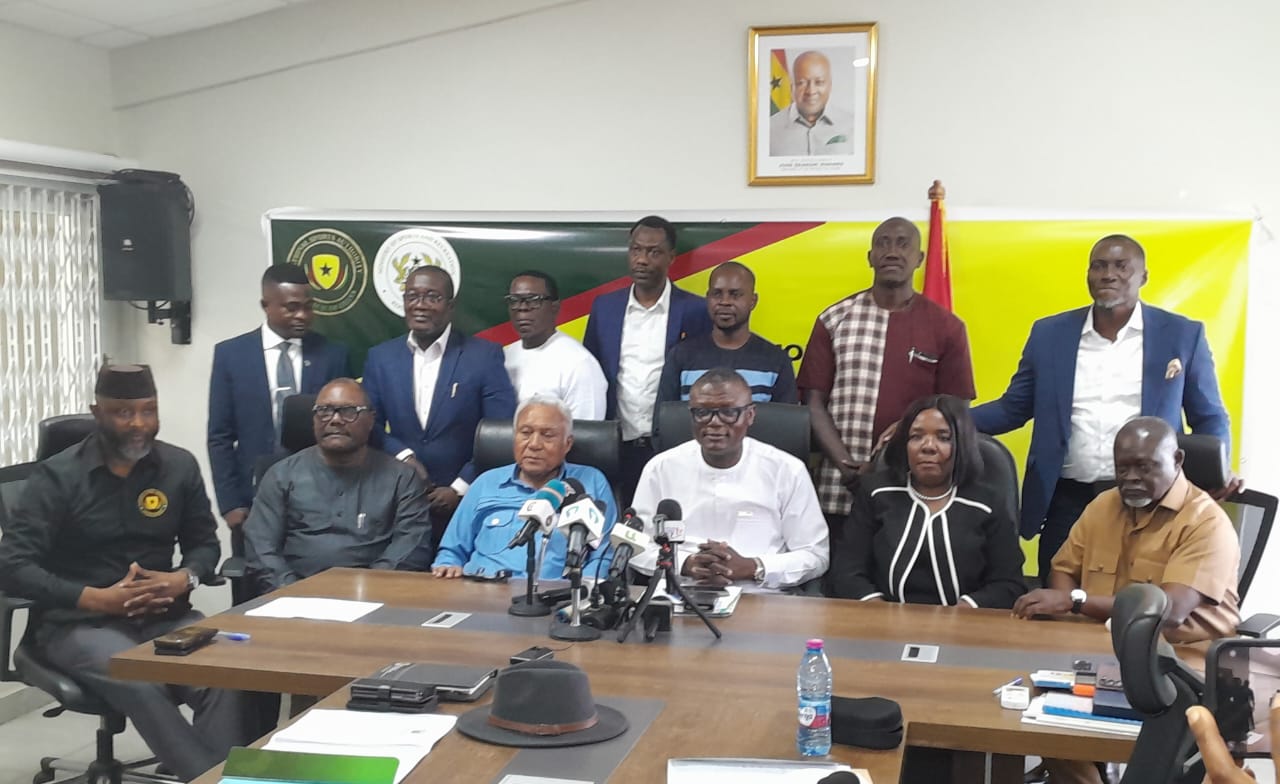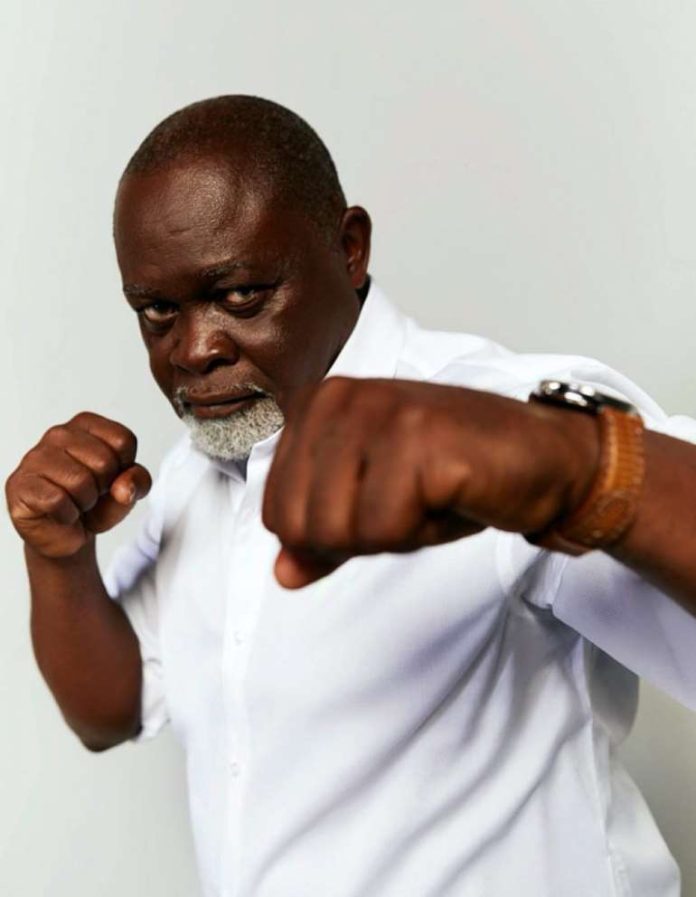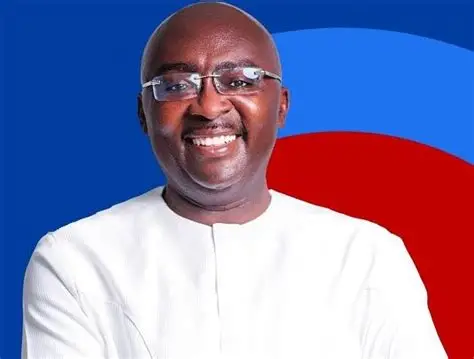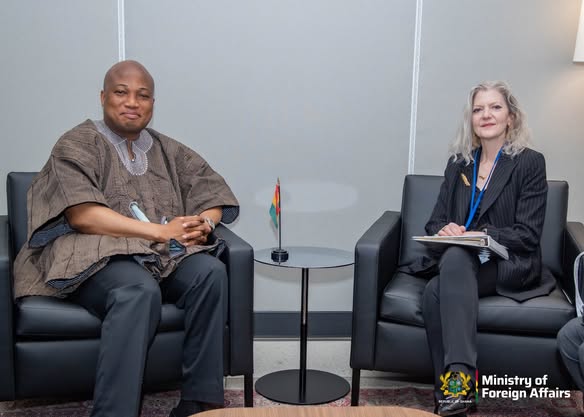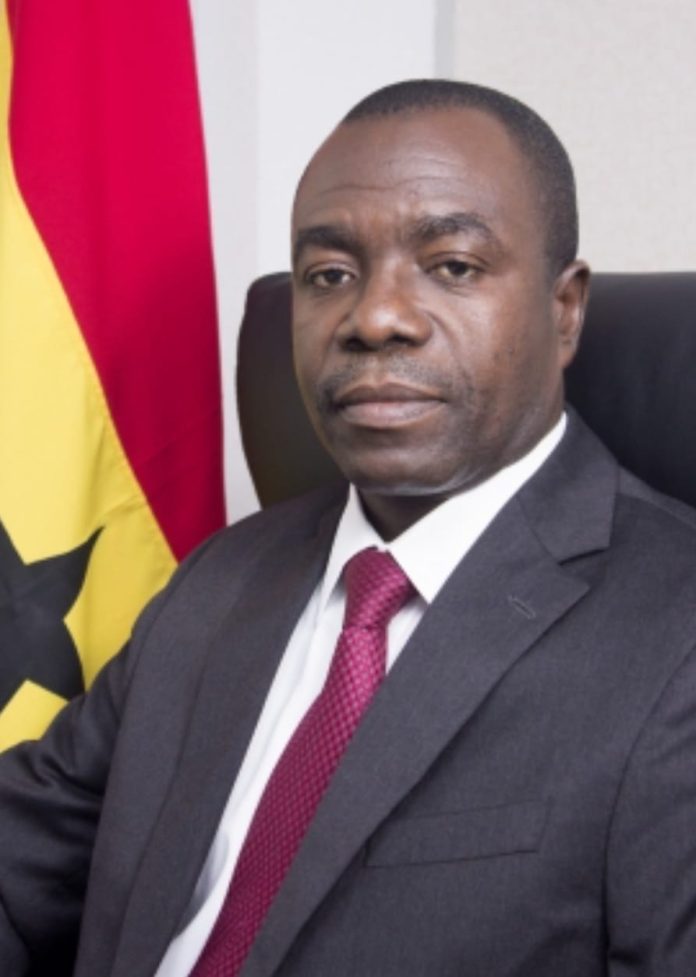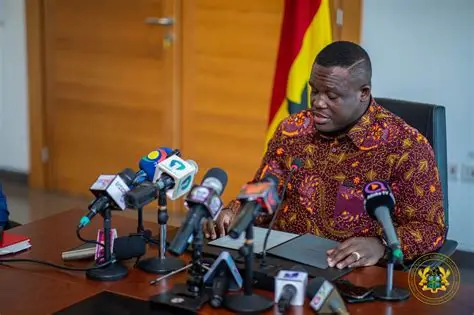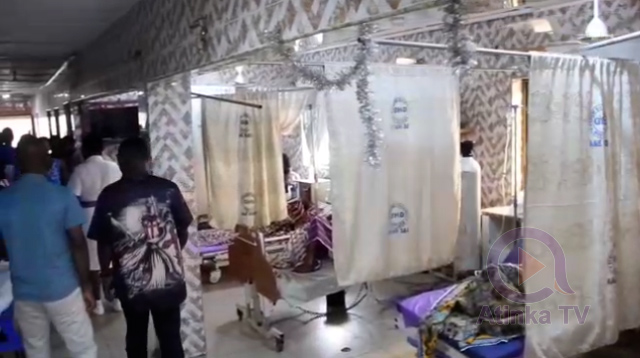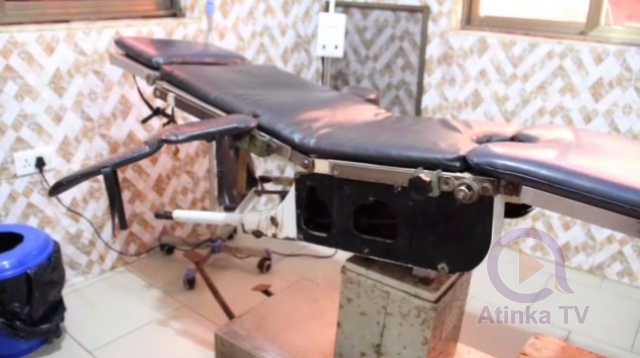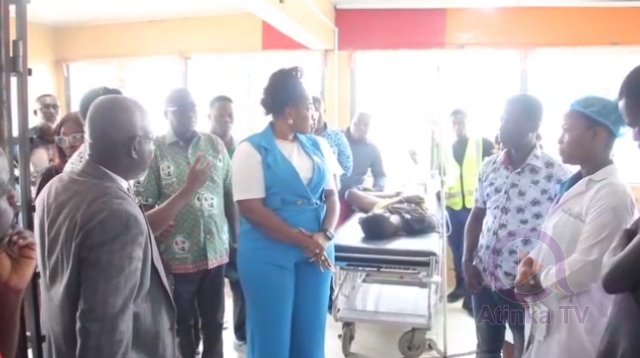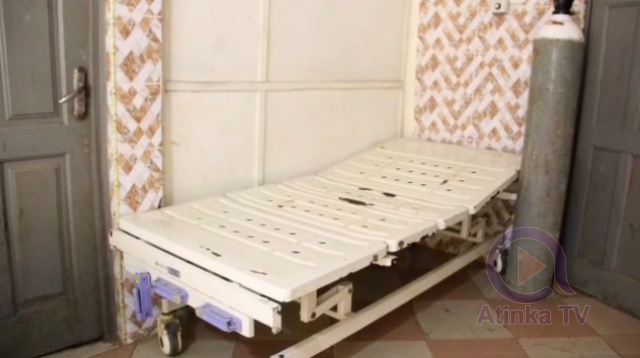202 companies that supplied services to the Electricity Company of Ghana (ECG) but whose actions were negatively impacting its operations had their contracts revoked.
These Companies joined 347 others whose contracts were found to be inefficient and underperforming after an examination.
Thus, the contracts’ termination has liberated the ECG from potential liabilities totaling more than $227 million.
Together with a revised scope of work and a reduction in its commission from 3% to 1.65%, the ECG has also renegotiated its agreement with Hubtel.
In addition to providing the ECG with certain services, such as the power app, Hubtel also acts as an interface for the power distribution company’s bill processing. Consequently, the original contract was modified.
In order to shed light on what ECG Managing Director Julius Kpekpena had told the Energy Committee of Parliament that same day, ECG’s General Manager for External Communications, Dr. Charles Nii Ayiku Ayiku, revealed this information to the Daily Graphic last Friday.
The General Manager for External Communications stated that ECG set a new financial record for the power distribution firm in July 2025 by earning GH¢1.74 billion, its biggest monthly revenue to yet.
According to Dr. Ayiku, management discovered several lax enforcements in the company’s procurement procedures after the audit.
He reiterated that management has observed underperforming contracts that were causing systemic inefficiencies and putting the company at risk financially.
“So, the solution was to introduce new reforms, employ and tighten the company’s procurement processes through contract rationalisation,” he explained.
Among the steps taken to stop inefficiencies from happening again were competitive tendering, driving budget controls, and enterprise resource planning (ERP).
According to Dr. Ayiku, they helped to reduce unforeseen spending by matching supplies with the company’s operational demands.
In his words, “if we don’t need it, we wouldn’t procure it” because the controls and competitive tendering matched supplies with operating demands.
He stated that the company would conduct competitive tendering processes if procurement was necessary. “with our tightened procurement processes we would be able to manage these kinds of supplies”, he added.
Dr. Ayiku said that the action will reduce the company’s unnecessary expenditures.
He responded, “Obviously, that was exceeding $200 million,” when asked if the corporation was saving any money by terminating the contract.
Dr. Ayiku said that further measures were taken to make sure ECG adhered to the cash waterfall process, stating that “we would continue to comply” despite the fact that ECG’s allocations were insufficient to cover its operating costs.
Upon completion of the investigation, “we established that the containers were at the port but at different terminals.”
There are so many terminals, so it was difficult to identify them, but with the support of the port authorities, we did that. When we conclude this exercise, we will definitely inform Ghanaians about the status of the containers,” Dr Ayiku added.
According to the port officials’ report, 33 of the 2,500 containers were not immediately identified on the ground, and the partners were presently tracking down the other 33. With 1,000 containers already transported, ECG was also relocating the tracked containers to its warehouses.
